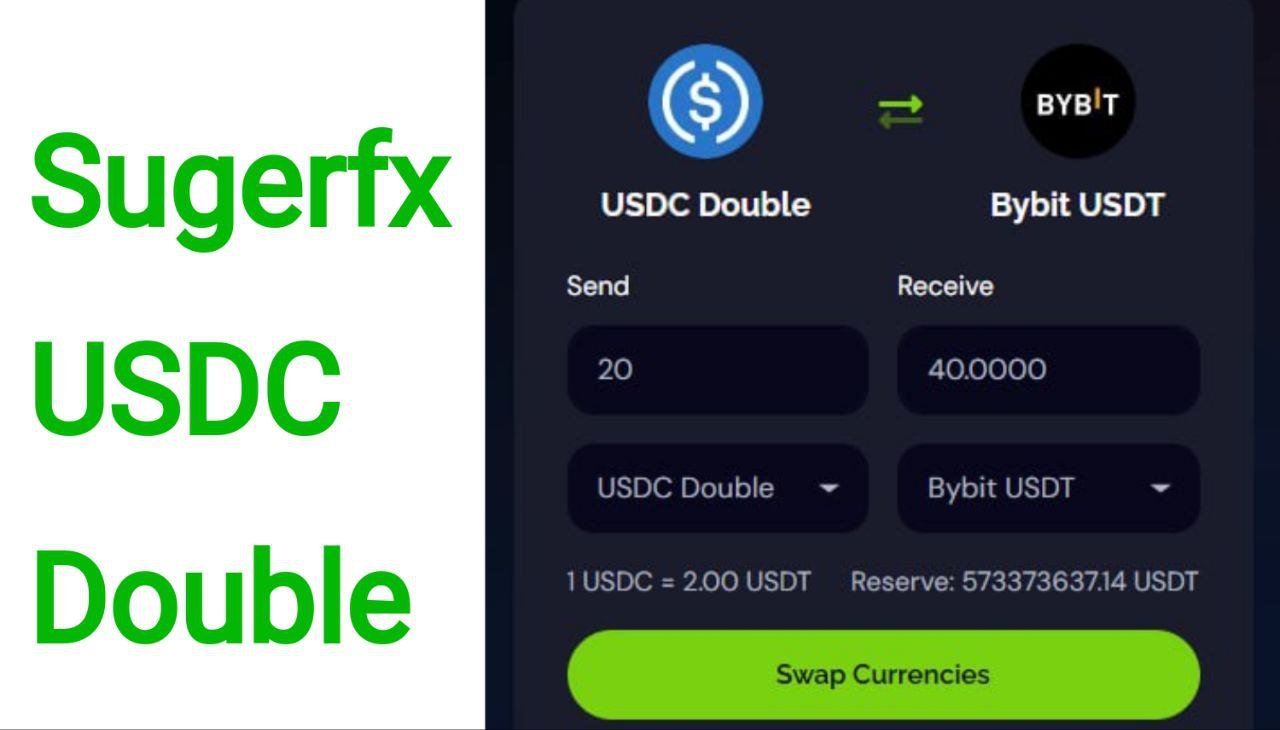
The Cost of Starting a Business in Nigeria: What You Need to Know
Starting a business in Nigeria has become increasingly popular as entrepreneurship gains momentum, and more people look for ways to create sustainable income sources. However, understanding the costs associated with launching a business is essential for entrepreneurs who want to succeed. From registration fees to overhead expenses, the costs vary widely depending on the nature of the business, its location, and the infrastructure needed.
This article provides an overview of the common costs associated with starting a business in Nigeria and offers some tips to manage these expenses effectively.
1. Business Registration and Licensing
Registering a business with Nigeria’s Corporate Affairs Commission (CAC) is the first step in formalizing your business. The cost depends on the type of business structure you choose:
- Business Name Registration: Registering a sole proprietorship or partnership under a business name costs approximately ₦10,000. This option is ideal for small, individual-run businesses.
- Limited Liability Company (LLC): Registering an LLC requires more documentation and costs between ₦15,000 and ₦50,000 for small businesses. For larger companies, fees can increase depending on the share capital.
- Other Licensing Fees: Depending on your industry, you may need additional licenses, such as trade licenses, export permits, or sector-specific permits, which can range from ₦5,000 to ₦100,000.
Registering your business is a crucial first step, as it grants legal protection, enhances credibility, and provides access to business loans and grants.
2. Office Space and Location Costs
The cost of office space in Nigeria varies significantly depending on the city, neighborhood, and type of facility required:
- Traditional Office Rentals: Renting office space in prime areas like Lagos and Abuja can cost between ₦500,000 and ₦3,000,000 annually for small spaces. Prices are generally lower in other cities but can still be significant.
- Co-Working Spaces: For new businesses and startups, co-working spaces offer an affordable option. Monthly memberships range from ₦20,000 to ₦50,000, and these spaces often include amenities like internet, meeting rooms, and electricity.
- Home-Based Businesses: For entrepreneurs with low capital, operating from home can eliminate office rental costs. However, you may still need a space for storage or production if your business requires it.
Choosing the right location can impact customer reach, accessibility, and overall profitability. Considering a cost-effective option initially is often wise until the business establishes a steady cash flow.
3. Equipment and Infrastructure Costs
Every business requires specific tools, equipment, or infrastructure, and the costs depend largely on the industry:
- Tech and IT Costs: Businesses requiring computers, software, and internet connectivity will need to budget accordingly. Laptops or desktops typically cost between ₦100,000 and ₦300,000 each, while internet costs range from ₦10,000 to ₦30,000 per month.
- Specialized Equipment: For businesses in sectors like manufacturing, photography, or food processing, specialized equipment can cost anywhere from ₦50,000 to several million naira. Researching suppliers and purchasing quality second-hand equipment can be a cost-effective alternative for new businesses.
- Power Supply: Due to Nigeria’s unreliable power supply, many businesses invest in backup generators or solar systems. A small generator costs between ₦50,000 and ₦200,000, while larger setups for more power-demanding businesses can reach ₦1,000,000 or more. Solar options are more expensive initially, with setups ranging from ₦500,000 to ₦2,000,000, but they can reduce long-term electricity costs.
Having the right equipment is crucial for efficiency and productivity. Allocating a budget for equipment that aligns with your business needs is essential to prevent future bottlenecks.

4. Staffing and Labor Costs
Hiring employees may be necessary, depending on the size and type of business. The cost of labor in Nigeria depends on the job role, location, and level of expertise required:
- Salaries: Entry-level positions may range from ₦30,000 to ₦100,000 per month, while skilled professionals like accountants, marketers, or IT specialists may require monthly salaries of ₦150,000 to ₦300,000.
- Freelancers and Part-Time Staff: For businesses looking to minimize costs, hiring freelancers or part-time workers can be a practical alternative. Freelancers typically charge project-based fees, allowing flexibility in labor costs.
- Employee Benefits: Consider costs associated with benefits like health insurance, pension contributions, and transportation. Employee benefits improve morale and retention but add to labor costs.
Carefully evaluating your staffing needs and choosing efficient options can keep labor costs manageable in the early stages of your business.
5. Marketing and Advertising Costs
Marketing is crucial for attracting customers and building brand recognition. The cost of marketing can vary depending on the platforms you use:
- Digital Marketing: Leveraging social media platforms like Facebook, Instagram, and Twitter for targeted ads can be affordable, with ad campaigns starting as low as ₦5,000. Digital marketing allows for reaching a broad audience with a controlled budget.
- Traditional Advertising: For businesses seeking a local audience, traditional advertising like flyers, banners, or newspaper ads may be useful. Costs can range from ₦10,000 for flyers to ₦100,000 or more for newspaper ads, depending on the publication.
- Branding and Packaging: Businesses selling physical products should budget for branding and packaging, which may include designing logos, creating labels, and sourcing packaging materials. These costs vary but can start at ₦20,000 for basic branding.
Investing in effective marketing can help your business reach profitability faster, making it a necessary expense for most startups.
6. Operational and Overhead Costs
Daily operational costs must be factored into your budget as they are essential for business continuity:
- Utilities and Rent: Monthly expenses like electricity, water, and rent add up. In many areas, the inconsistent power supply leads to higher costs due to generator usage. Budgeting ₦10,000 to ₦30,000 for utilities is typical for small businesses.
- Transportation: Nigeria’s transportation costs vary, depending on fuel prices and logistics needs. For businesses that require frequent movement or product deliveries, transportation costs can be significant. Budgeting for a vehicle or delivery service is essential.
- Inventory and Supplies: Businesses that sell physical products need to consider inventory costs. Managing inventory carefully and avoiding overstocking can reduce this expense. Inventory costs vary widely but should be monitored to align with sales volume.
Efficiently managing operational costs is essential to keeping a business sustainable. Tracking these expenses ensures they don’t eat into profits or disrupt cash flow.
7. Legal and Professional Fees
Starting a business may require legal and professional services, including consulting, accounting, and legal advice:
- Legal Fees: Legal services, such as drafting contracts or obtaining patents, can vary in cost but often range from ₦50,000 to ₦200,000 depending on the complexity.
- Accounting and Tax Services: Many businesses choose to outsource accounting and tax services to ensure compliance with Nigerian tax laws. Accounting fees vary, but small businesses can expect to pay between ₦30,000 and ₦100,000 per month.
- Business Consulting: For entrepreneurs seeking advice on scaling or strategic planning, consulting services can be beneficial. Fees depend on the consultant’s expertise and the nature of the services required.
Hiring legal and professional services can protect your business from costly legal issues and help with efficient financial management.
Tips for Managing Startup Costs in Nigeria
Starting a business requires strategic budgeting and cost management. Here are some tips for keeping costs under control:
- Create a Detailed Budget: Itemize each cost and estimate monthly expenses to track spending effectively.
- Consider Partnerships: Partnering with other businesses or professionals can reduce costs, particularly in areas like marketing, office space, or staffing.
- Outsource Non-Essential Roles: Avoid hiring full-time employees for roles that can be outsourced, such as marketing, accounting, or IT support.
- Start Small and Scale Gradually: Starting on a smaller scale allows you to learn from initial operations, make adjustments, and gradually expand as the business becomes profitable.
- Leverage Government Grants and Funding Programs: Many Nigerian government and private initiatives provide funding for small businesses. Research and apply for grants, loans, or funding programs that can ease initial capital constraints.
Conclusion
Starting a business in Nigeria comes with its unique financial considerations, and understanding these costs can significantly improve your chances of success. While expenses such as registration, office space, equipment, staffing, and marketing are necessary, managing them effectively can prevent over-expenditure. With careful planning, Nigerian entrepreneurs can overcome initial financial hurdles and build sustainable, profitable businesses.
By assessing your costs realistically and seeking ways to optimize expenses, you can set a strong foundation for long-term success in Nigeria’s dynamic business environment.








It’s a nice one help it up
Never easy starting a business in Nigeria where there’s no 2 4 7 electricity, good road and even water supply.